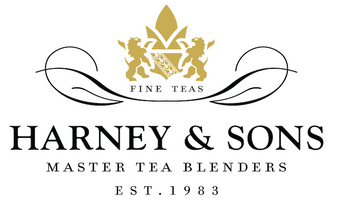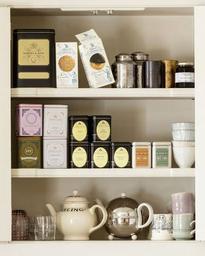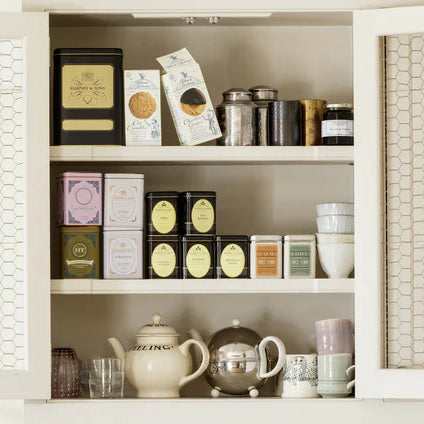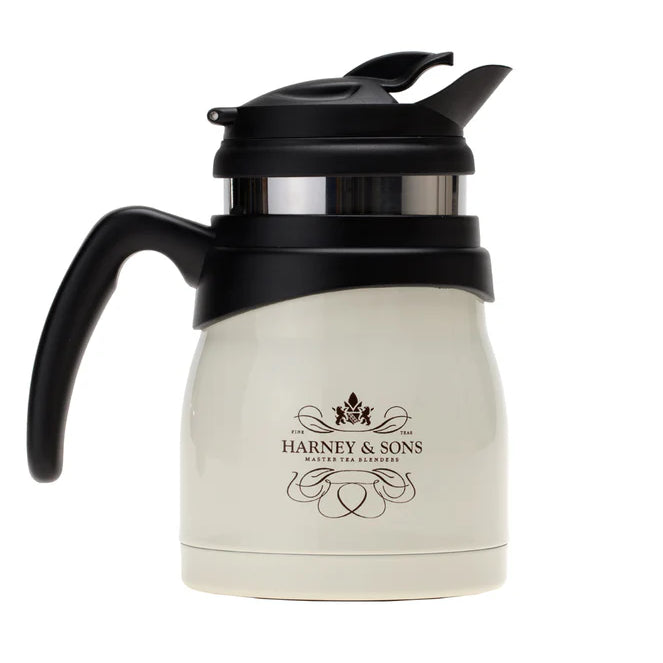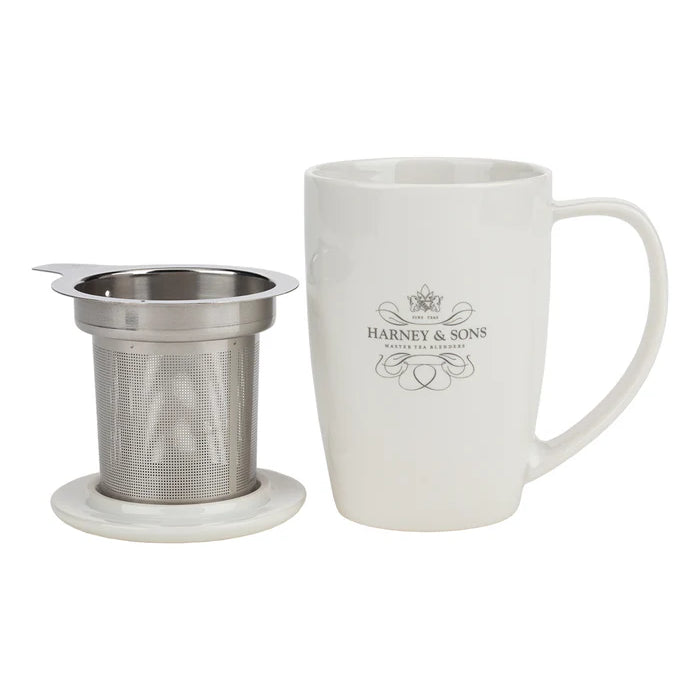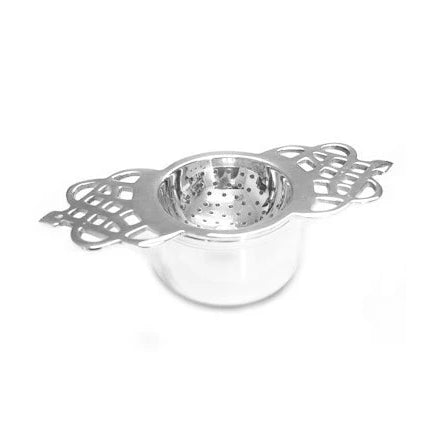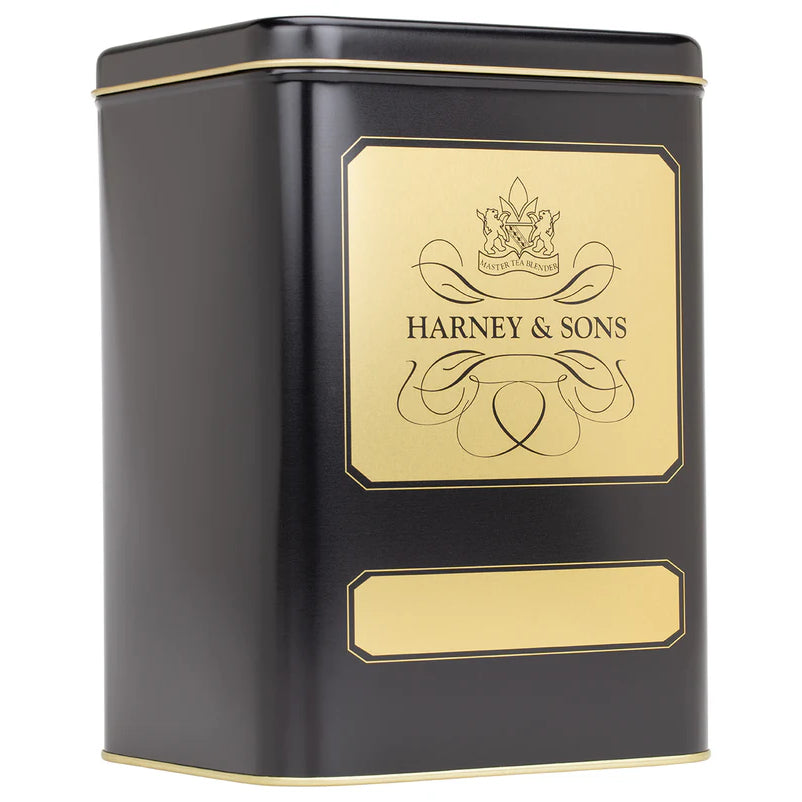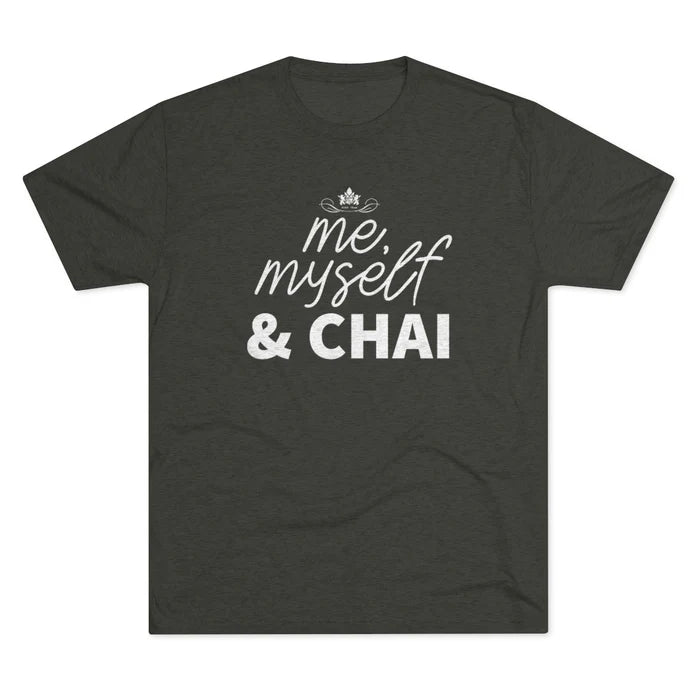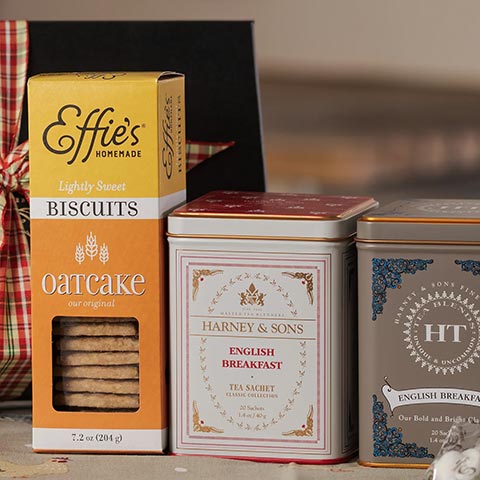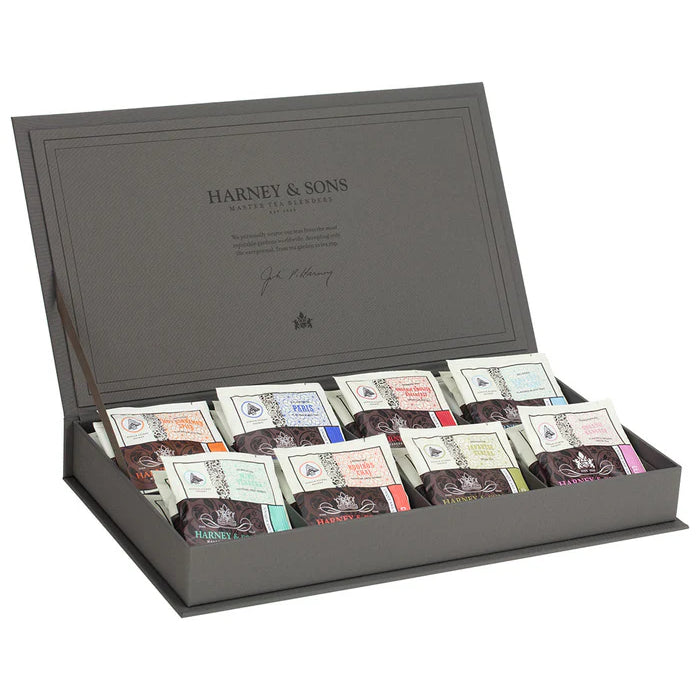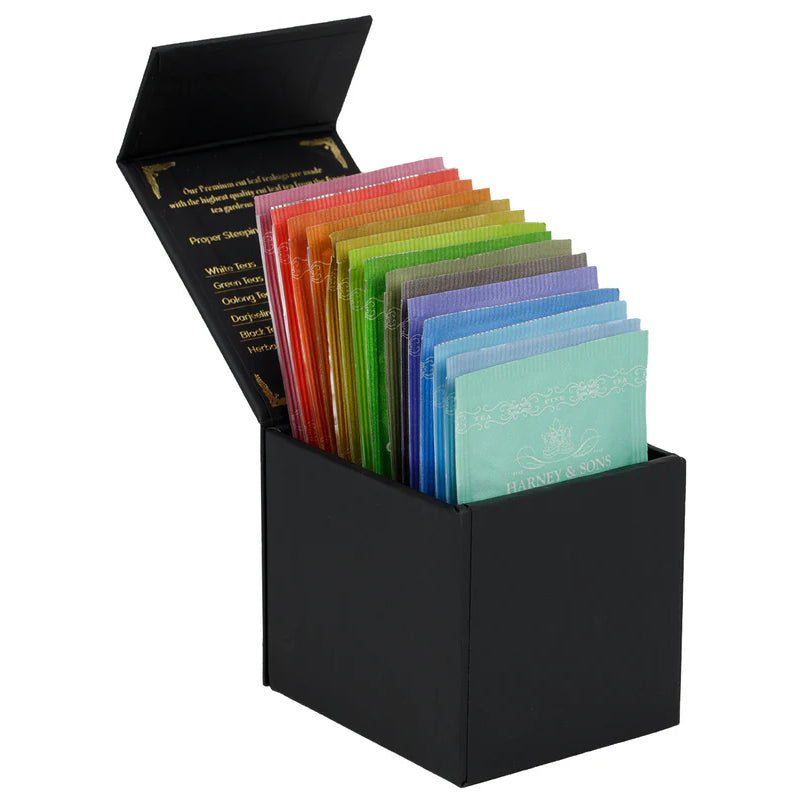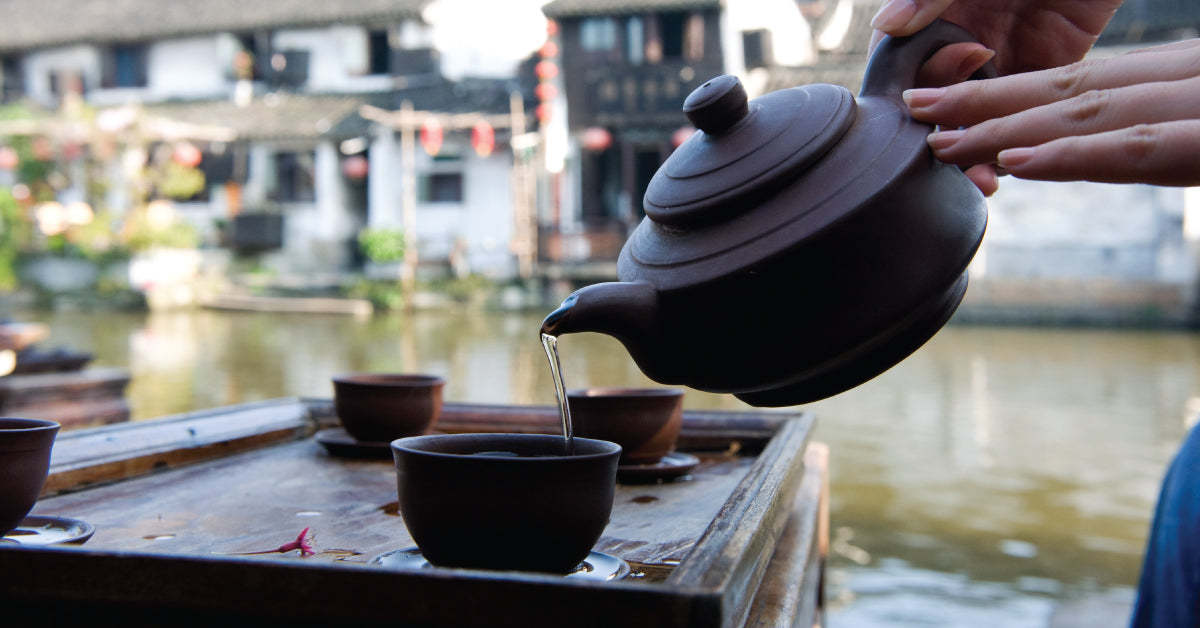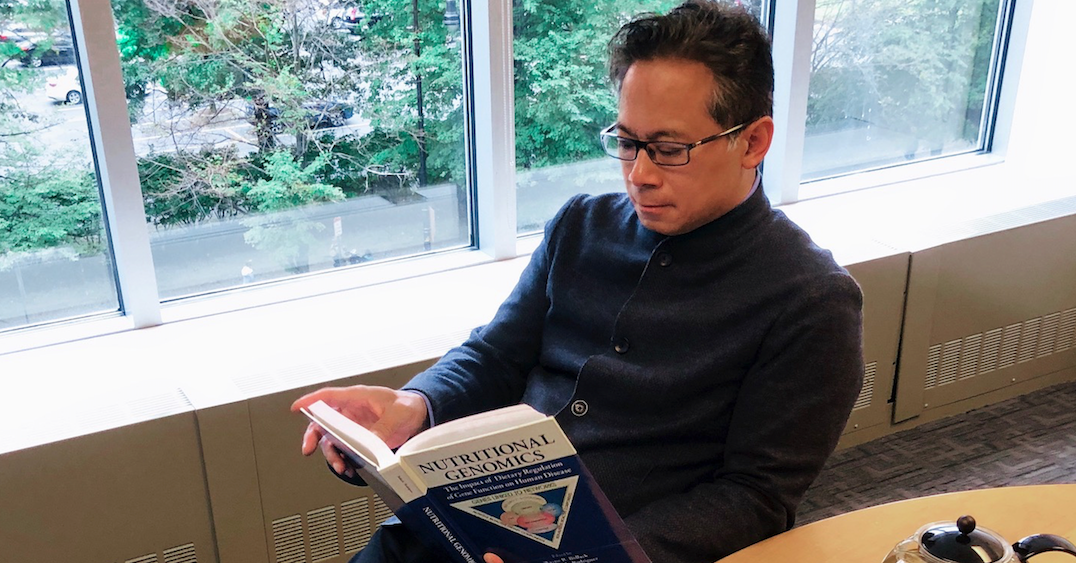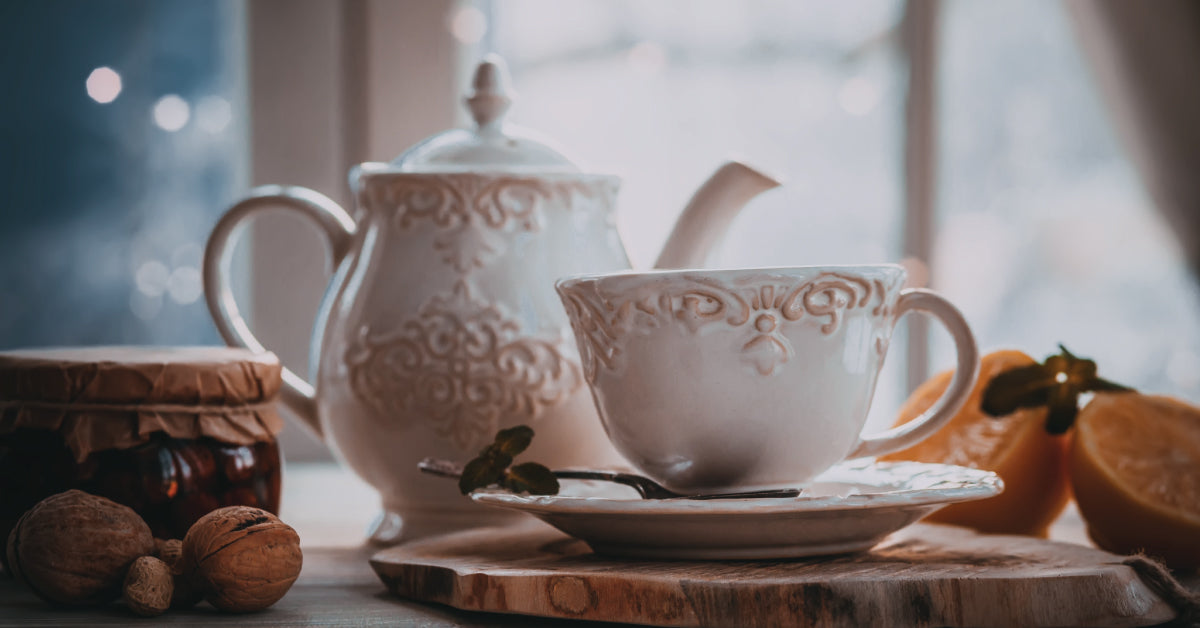One of our favorite things about tea is its rich history and the cultural significance it holds in cities around the world. While we may speak different languages and observe different customs, tea is oftentimes one of the things that binds us. We love traveling to understand the language of tea and the role it plays in the lives of those who live thousands of miles away from where we call home.
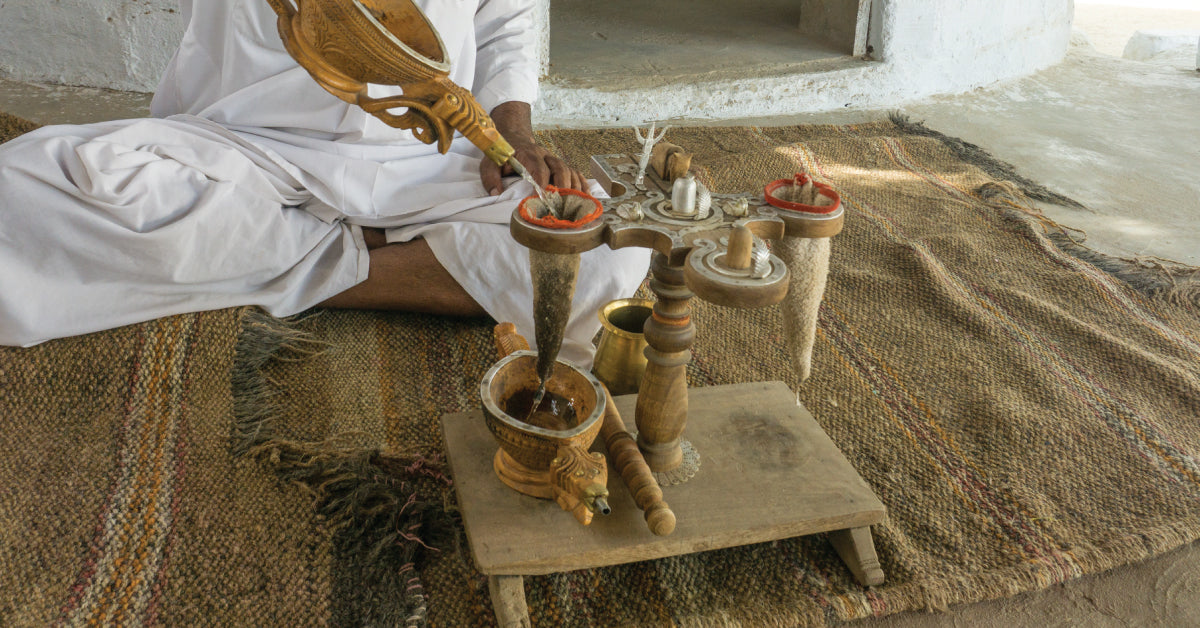
Morocco
Poured from high above into a slim, delicate glass, Touareg is the tea of choice in Morocco. The tea is served three times to guests, the flavor varying slightly each time. According to an ancient proverb, "The first glass is as gentle as life, the second is as strong as love, the third is as bitter as death."
Tibet
In the cold climates of Tibet, a brick of black tea is boiled for hours before it is combined with milk, salt, and yak butter to create Po Cha, a comforting, soup-like beverage. Drinking up to 60 cups a day, Tibetans use tea to stay warm as they live and work in the lofty Himalayan mountains.
India
India’s most popular tea, chai, is sold by street vendors called chai wallahs in small clay cups. Many Indians believe that the dust from these clay cups is a crucial ingredient in this national drink. We recently visited India to learn more about this unique tea. Watch this short video to follow us on our journey.
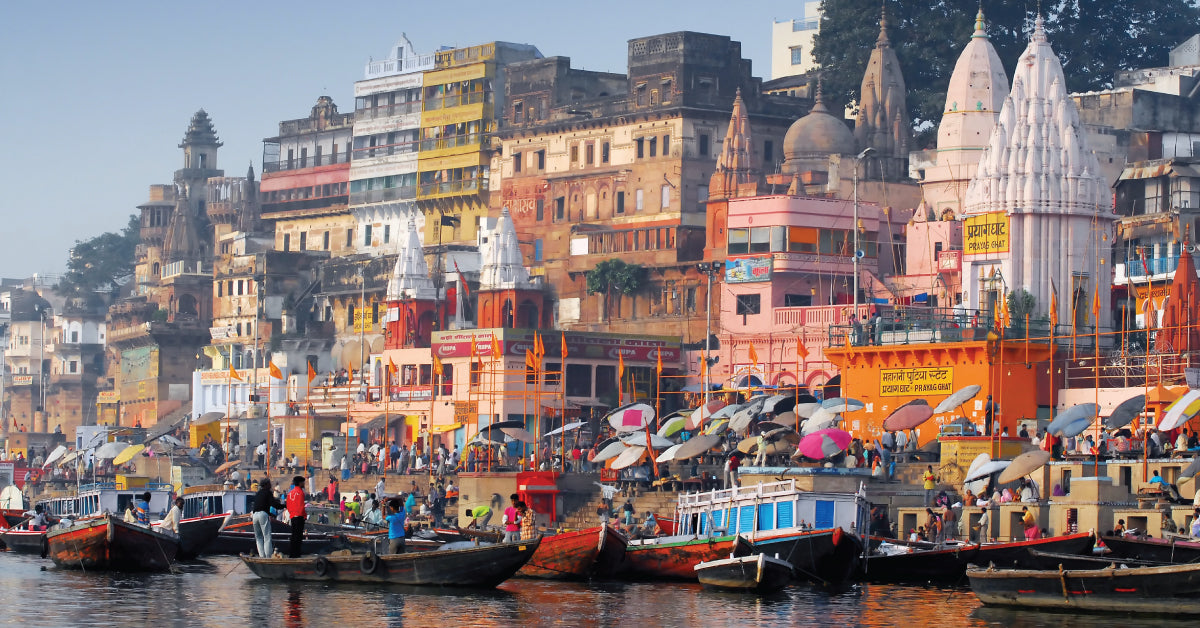
Argentina
Called “the drink of the gods,” yerba mate is prepared in a dried calabaza gourd and drunk through a straining straw called a bombilla. The drink is passed around at gatherings to help attendees bond. Refusing the drink or stirring the bombilla is considered to be very rude as it questions the brewing abilities of your host.
China
In China, lengthy tea ceremonies, or Gongfu Teas, are held at gatherings to show respect to guests and at weddings as a way of thanking parents for years of love and care. During Gongfu Tea a larger emphasis is placed on the ceremony itself than the quality of tea, but traditionally only Oolong and Pu’erh teas are used.
Japan
Like the Chinese, the Japanese hold tea ceremonies using matcha tea. The lengthy process includes steps for preparing your home, how guests can enter your home, the order in which utensils are brought into a room, how these utensils are cleaned and warmed, the brewing, and the cleanup. These details can vary depending on the time of day and season.
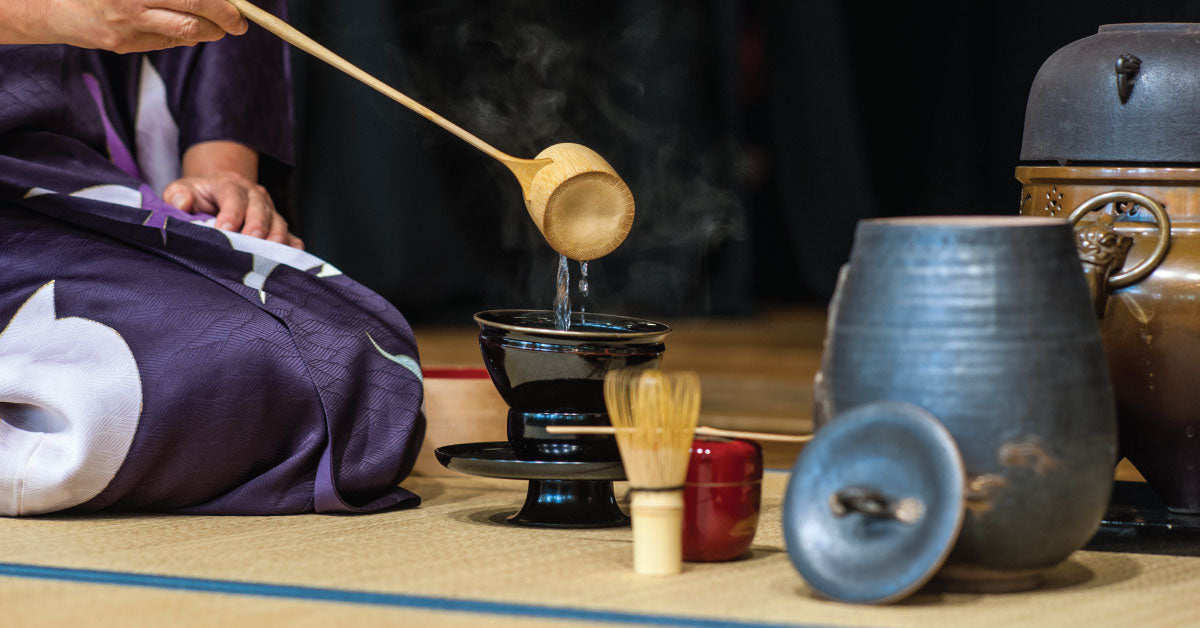
United Kingdom
Although tea has had a presence in England since the 17th century, it wasn’t until the 19th century when Anna Russell, the Duchess of Bedford, started taking tea with cakes later in the afternoon that high tea gained popularity. Today, tea is an integral part of British life and identity.
Iran
Whether it’s served at home or at a tea house known as a chaikhaneh, tea is always carried in on a silver tray accompanied by a yellow rock candy called a nabat. It has such a constant presence in Iranian life that kettles are kept on the stove all day. Brewed strong, people often place a sugar cube between their teeth and suck the liquid through it to counteract the black tea’s bitterness.
Want to learn more about the history of tea and the history of Harney and Sons? Check out some of our favorite reads:
